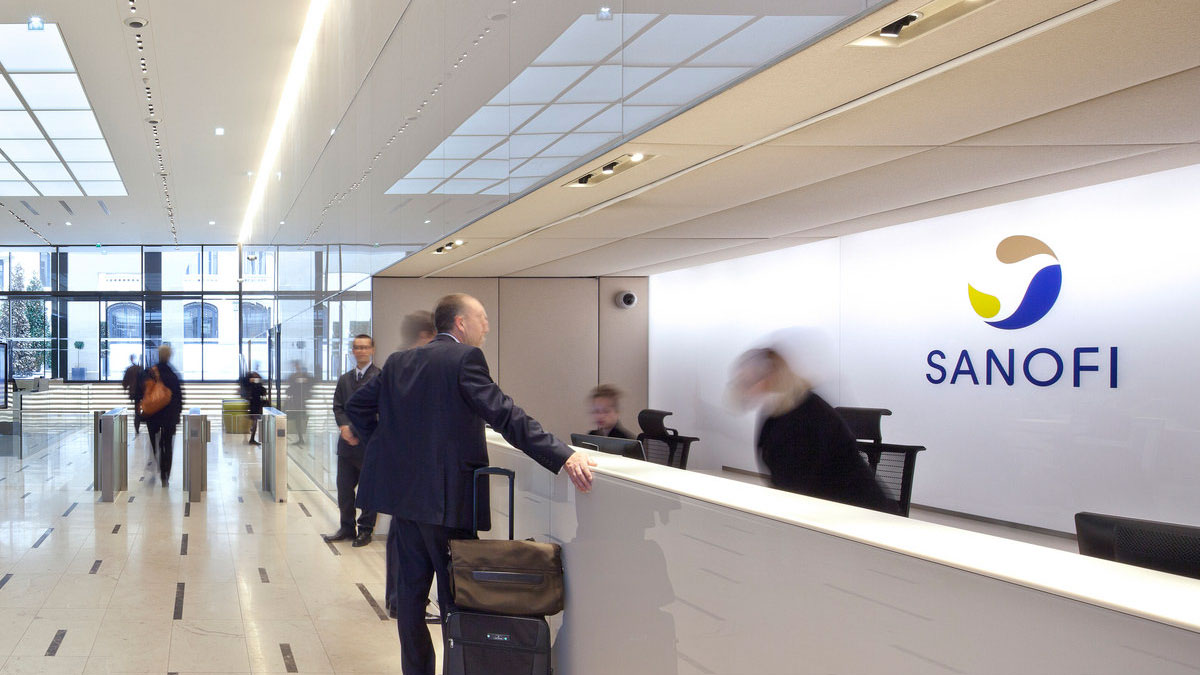Sanofi's Sarclisa gains new US multiple myeloma indication

The FDA has approved Sanofi’s Sarclisa (isatuximab) in combination with a new chemotherapy regimen for advanced multiple myeloma, building on a first approval last year.
This label extension covers use of Sarclisa plus carfilzomib and dexamethasone for adults with relapsed or refractory multiple myeloma, who have received one to three previous therapy lines.
This new approval moves Sarclisa forward in the treatment pathway, allowing it to be used in patients who have had one relapse.
Sarclisa is already approved in combination with pomalidomide and dexamethasone (pom-dex) for the treatment of adults with RRMM who have received at least two prior therapies including lenalidomide and a proteasome inhibitor.
Findings showed Sarclisa reduce risk of disease progression or death by 45% compared with standard of care in patients treated with one to three therapy lines.
This adds to the competition against Johnson & Johnson’s multiple myeloma drug Darzalex (daratumumab), which the French pharma hopes that Sarclisa will outperform.
The FDA approval is based on data from the phase 3 IKEMA study, a randomised, multi-centre, open label clinical trial that enrolled 302 patients with relapsed multiple myeloma across 69 centres spanning 16 countries.
The median progression free survival (PFS) for Sarclisa combination therapy was not reached at the time of the pre-planned interim analysis, the company said.
The most frequent adverse reactions (occurring in 20% or more of patients) for Sarclisa versus the control arm included upper respiratory tract infection, infusion-related reactions and fatigue.
Serious adverse reactions that occurred in more than 5% of patients who received Sarclisa combination therapy were pneumonia (25%) and upper respiratory tract infections (9%).
In the trial, 8% of patients dropped out because of adverse events and 2.8% quit because of an infection.
Sarclisa works by binding to part of a receptor known as CD38, which is highly expressed on multiple myeloma cells.
This is the second multiple myeloma approval from the FDA this week – it okayed Bristol-Myers Squibb’s Abecma (idecabtagene vicleucel), the first CAR-T cell therapy approved to treat the disease.
Abecma can be used in patients who have received at least three lines of therapy, including an immunomodulatory agent, a proteosome inhibitor and an anti-CD38 antibody.













